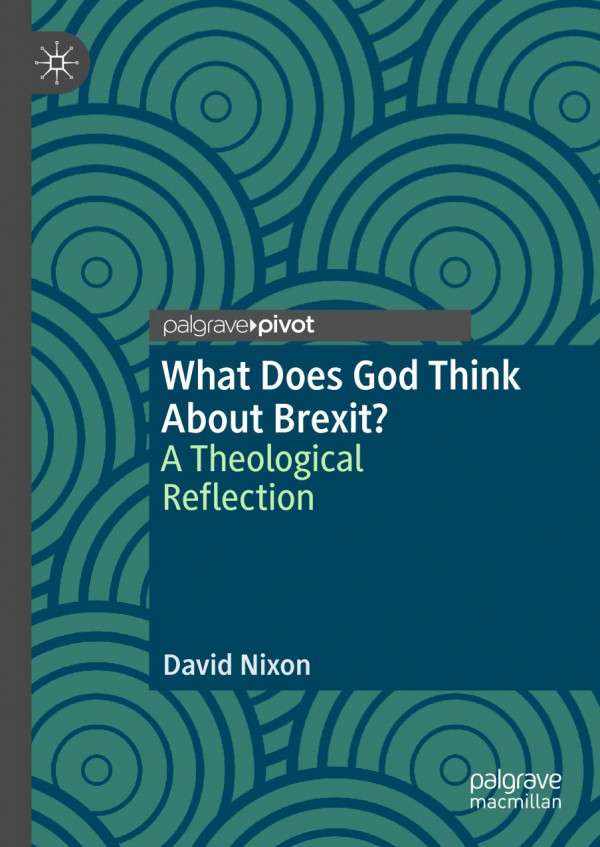

Most ebook files are in PDF format, so you can easily read them using various software such as Foxit Reader or directly on the Google Chrome browser.
Some ebook files are released by publishers in other formats such as .awz, .mobi, .epub, .fb2, etc. You may need to install specific software to read these formats on mobile/PC, such as Calibre.
Please read the tutorial at this link: https://ebookbell.com/faq
We offer FREE conversion to the popular formats you request; however, this may take some time. Therefore, right after payment, please email us, and we will try to provide the service as quickly as possible.
For some exceptional file formats or broken links (if any), please refrain from opening any disputes. Instead, email us first, and we will try to assist within a maximum of 6 hours.
EbookBell Team

0.0
0 reviewsThis book is a theological reflection about the process and event of Brexit: Britain’s departure from the European Union. Within a framework of liberation and postmodern theology, it examines Brexit against a history of the EU, with themes of community, identity, marriage, and divorce. It considers the emotional reactions which have been generated, and places Brexit in the context of contemporary populism and the politics of the United States. The book concludes with a call for reconciliation via new imaginaries of solidarity and inclusion.